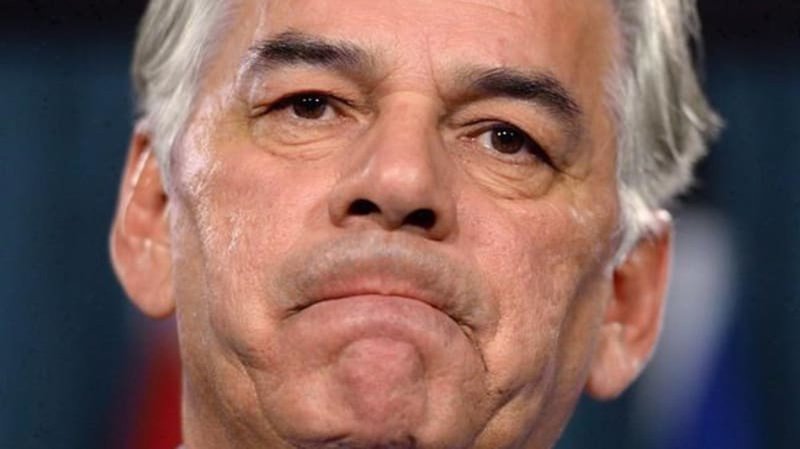
‘Totally unacceptable:’ Most independent investigators white, former officers
The majority of independent investigators delving into alleged police misconduct in Canada are white men who are former police officers.
Seven provincial independent investigation units currently look into incidents involving police.
The Canadian Press has found that of the 167 members involved in these units, 111 are former officers or have had a working relationship with police, and 118 of them are men.
Every province but British Columbia also provided the number of investigators in their units who identify as a visible minority or person of colour. There are 20.
